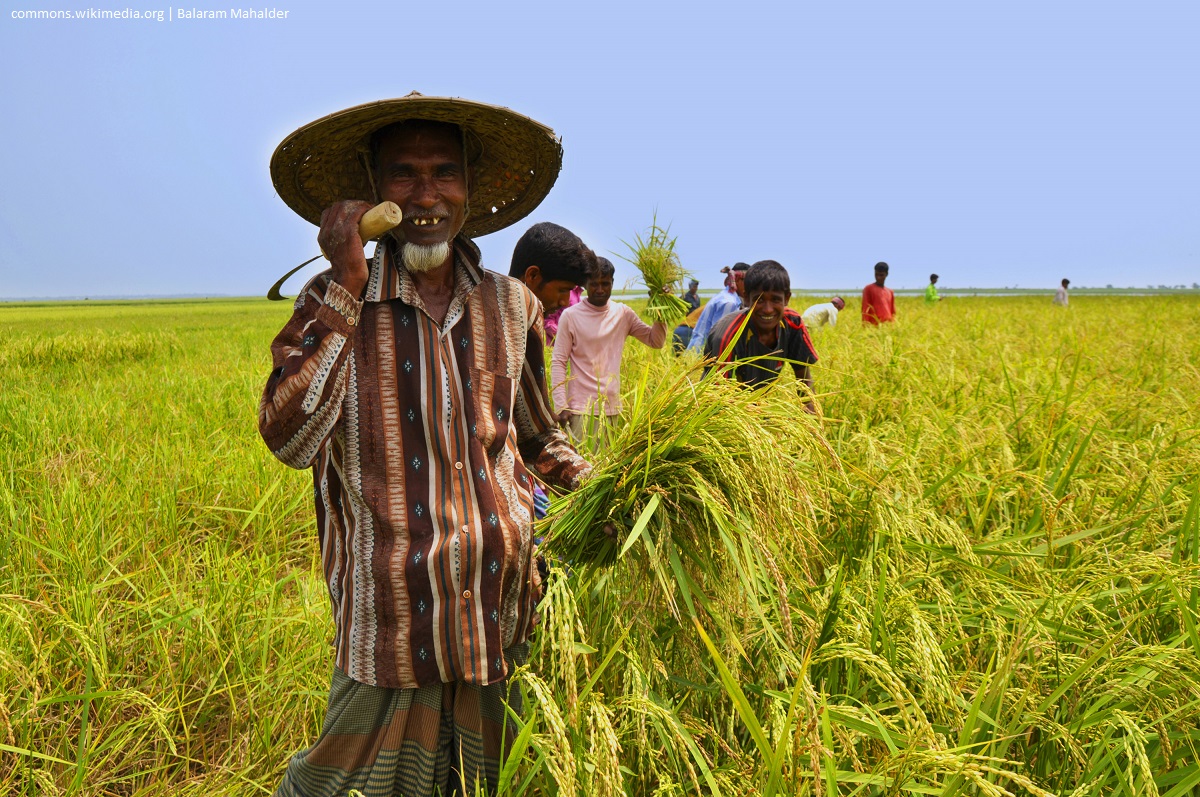In the few years since the Grand Bargain commitments on localisation in 2016 there has been little tangible progress at scale. A detailed review of global funding streams suggests that direct funding to local and national civil society organisations remains relatively unchanged, standing at less than 0.2% of all humanitarian assistance in 2018 – a far cry from the aggregated target of at least 25% by 2020.
The Start Network takes its commitments to localisation seriously. In the summer of 2017, it developed its first national fund, Start Fund Bangladesh, with 20 Start Network members and two years later it opened to 26 new local and national organisations. More than half the agencies able to access the Start Fund Bangladesh directly are now local or national organisations. This, combined with a recent governmental MoU which allows the money for this fund to go direct to country, means we are finally seeing the benefits of localisation in Bangladesh.
In recent alerts, 60% of the funding disbursed through Start Fund Bangladesh has gone directly to local and national organisations, which is having a positive impact on the time it takes to reach communities and the amount of funding available for responses.
Jago Nari was the first of the new local/national organisations to receive direct funding in June 2019. A few months earlier, they had been a local partner for the Start Fund Bangladesh response by Plan International for a Nor'wester at Barguna, in this case, they did not receive funding directly but through the INGO intermediary.
Following this response in June, 13 more projects were funded, most of which have been direct funding to the new local and national organisations. In July, Manab Mukti Sangstha (MMS) received nearly 50,000 pounds to provide cash to those affected by flooding in Sirajganj, and as part of the same alert, National Development Programme (NDP) were funded directly to assist in the neighbouring Bogura. Each local agency working in their particular geographical focus.
Other local organisations funded include Mahideb Jubo Somaj Kallayan Somity (MJSKS) and Gana Unnayan Kendra (GUK) who joined a range of INGOs each receiving direct funding to respond to flooding in the North of Bangladesh, and Centre for Natural Resource Studies (CNRS) to assist communities affected by riverbank erosion in Chandpur. Most recently in December 2019, Uttaran and Shushilan each received £85,000 to Cyclone Bulbul affected communities.
Similar to Jago Nari, many of these organisations had only been local partners before, but since joining Start Fund Bangladesh now not only receive funds directly but also participate fully in the entire decision-making process, including in the raising of alerts.
The benefits of having local agencies in these processes is evident in the improved timeliness of the responses. Since the new local members joined and funds were held in-country, the longest time from alert to reaching affected communities for a given project is only 10 days, half the time that it used to take.
As well as halving the time to reach affected populations, this new operational model has also halved transactional costs. Nearly a third of total spend before the national fund was established was tied up operational costs. This reduced to a fifth for projects funded through Start Fund Bangladesh between 2017 and May 2019; and has now reduced to only 14% since the new local and national members joined and funds are now held in-country.
By shifting the power to local and national organisations, the effectiveness and efficiency of the Start Fund Bangladesh has increased significantly.
However, there is still more work to be done. The amount of money being awarded to one of the new local organisations is consistently lower than the former Start Fund Bangladesh members (which was primarily INGOs). For the last 14 projects since the new local organisations joined, the average amount provided per project was around £69K for new local and national organisations and £193K for the INGOs. Nevertheless, of the £1.44 million going through Start Fund Bangladesh in these last 7 months, 60% has gone directly to local and national organisations (38% to one of the new local organisations and 22% to Caritas Bangladesh, which was already a member of Start Fund Bangladesh) a clear step in the right direction and already exceeding the Grand Bargain target of at least 25%.
The Start Fund Bangladesh is a real example of localisation in action, and with more than 2,000 local and national organisations in country there is a huge potential to expand in our direct funding commitments.

